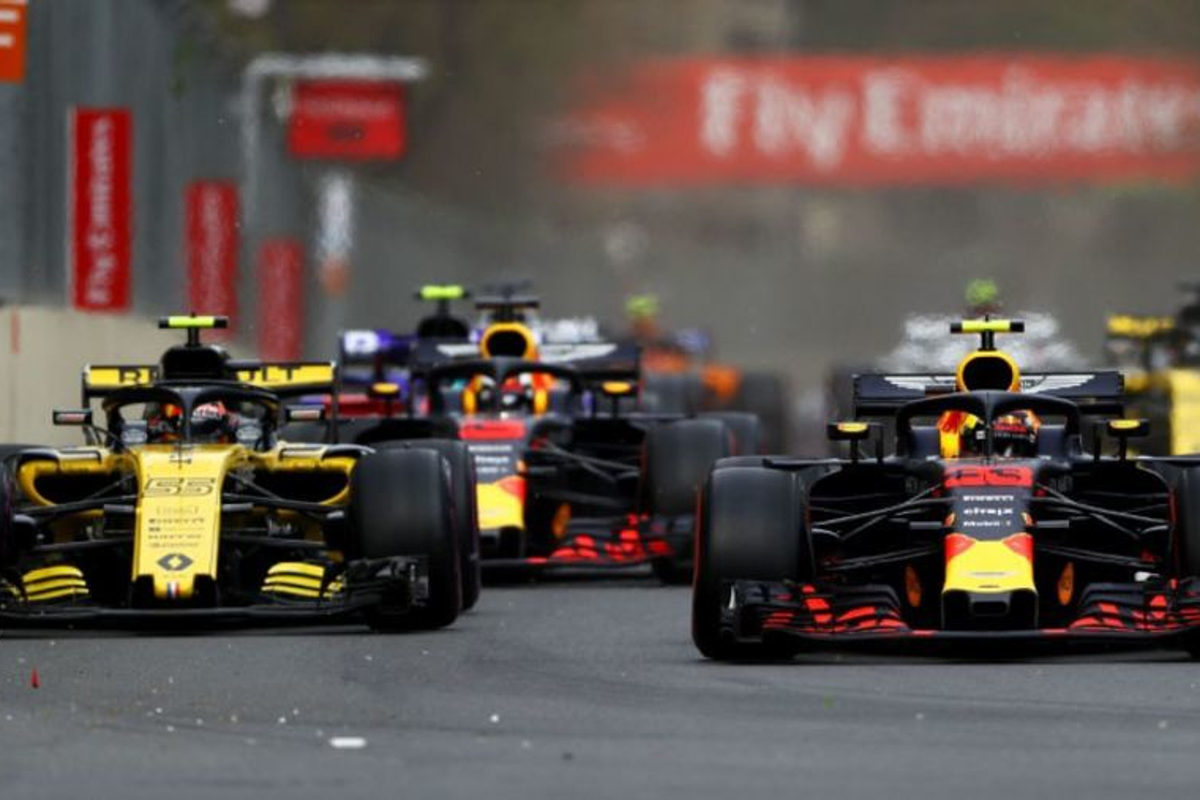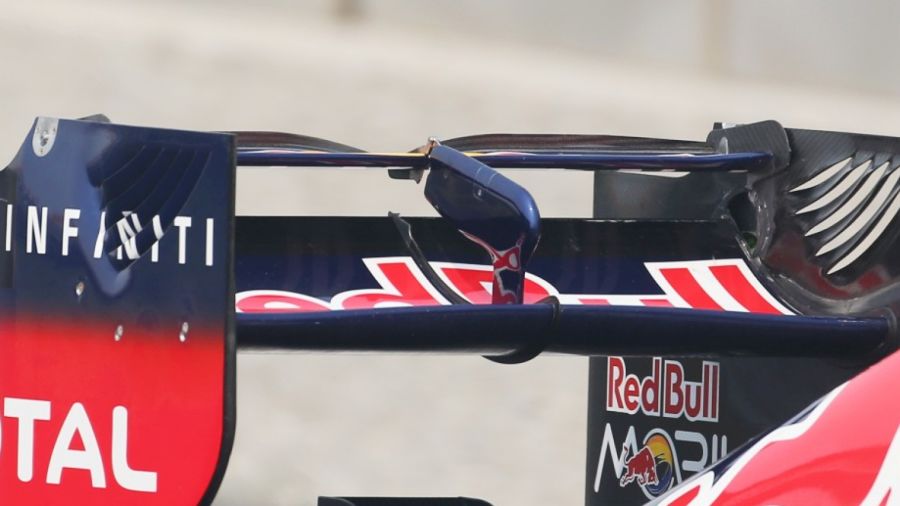
Latest News

Dakar Rally 2026
Driver loses it in spectacular meltdown after crashing out of Dakar Rally
- 3 hours ago

F1 2026
F1 stars set to get SPICY on hit show
- Yesterday 21:56

F1 News & Gossip
Max Verstappen admits Christian Horner contact 'difficult' after Red Bull sacking
- Yesterday 21:11

F1 News & Gossip
Ralf Schumacher claps back over 'jealous' Lewis Hamilton claim
- Yesterday 20:27

Max Verstappen
The Max Verstappen movie? Here's what the four-time champ thinks of it
- Yesterday 19:42

F1 News & Gossip
Haas linked with return for axed F1 star and it's thanks to Toyota
- Yesterday 18:56
Most read

75.000+ views
Christian Horner 'offering' £665million for F1 team takeover
- 30 december

10.000+ views
F1 News Today: Lewis Hamilton replacement 'chosen' as Ferrari boss hints at reshuffle
- 21 december

7.500+ views
Ferrari announce F1 driver exit
- 2 january

7.500+ views
Lewis Hamilton Ferrari F1 replacement 'identified'
- 21 december

5.000+ views
The Ferrari dinner that may have just ended Lewis Hamilton's F1 career
- 30 december

4.000+ views
F1 News Today: Lewis Hamilton's boss reveals 'low energy' as Ferrari driver exit confirmed
- 2 january
























 Grand Prix of Australia 2025
Grand Prix of Australia 2025  Grand Prix of China 2025
Grand Prix of China 2025  Grand Prix of Japan 2025
Grand Prix of Japan 2025  Grand Prix of Bahrain 2025
Grand Prix of Bahrain 2025  Saudi Arabian Grand Prix 2025
Saudi Arabian Grand Prix 2025  Grand Prix De Monaco 2025
Grand Prix De Monaco 2025  Gran Premio de Barcelona-Catalunya 2025
Gran Premio de Barcelona-Catalunya 2025  Grand Prix du Canada 2025
Grand Prix du Canada 2025  Grand Prix of Austria 2025
Grand Prix of Austria 2025  Grand Prix of Belgium 2025
Grand Prix of Belgium 2025  Grand Prix of Hungary 2025
Grand Prix of Hungary 2025  Grand Prix of Azerbaijan 2025
Grand Prix of Azerbaijan 2025  Grand Prix of Singapore 2025
Grand Prix of Singapore 2025  Gran Premio de la Ciudad de Mexico 2025
Gran Premio de la Ciudad de Mexico 2025  Grande Prêmio de São Paulo 2025
Grande Prêmio de São Paulo 2025  Qatar Grand Prix 2025
Qatar Grand Prix 2025  Grand Prix of Abu Dhabi 2025
Grand Prix of Abu Dhabi 2025 